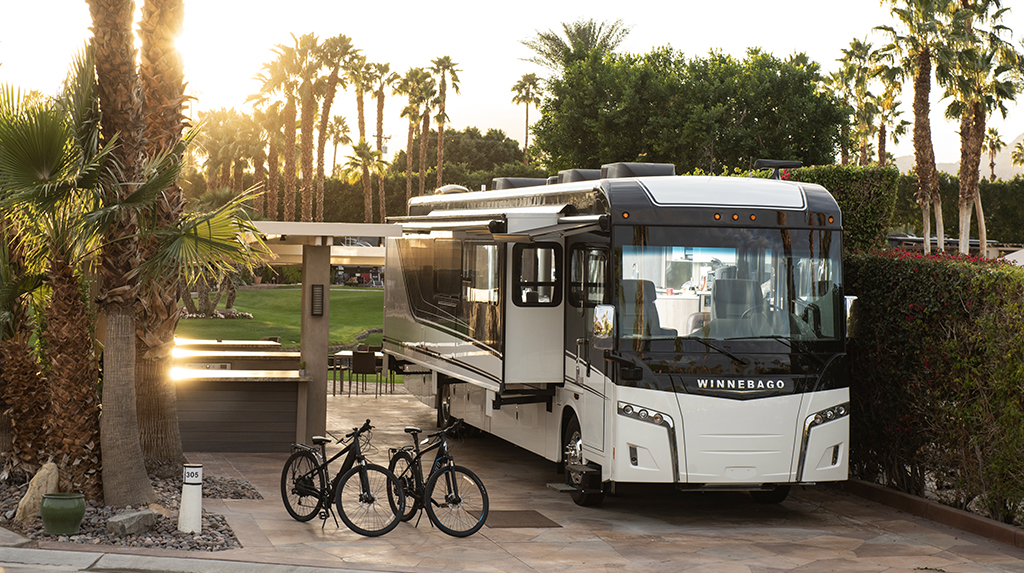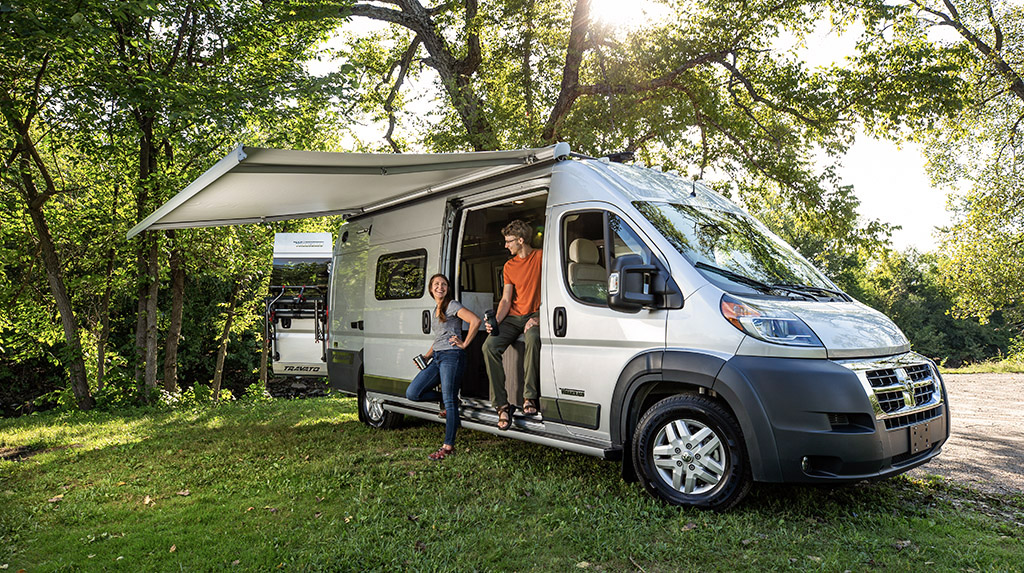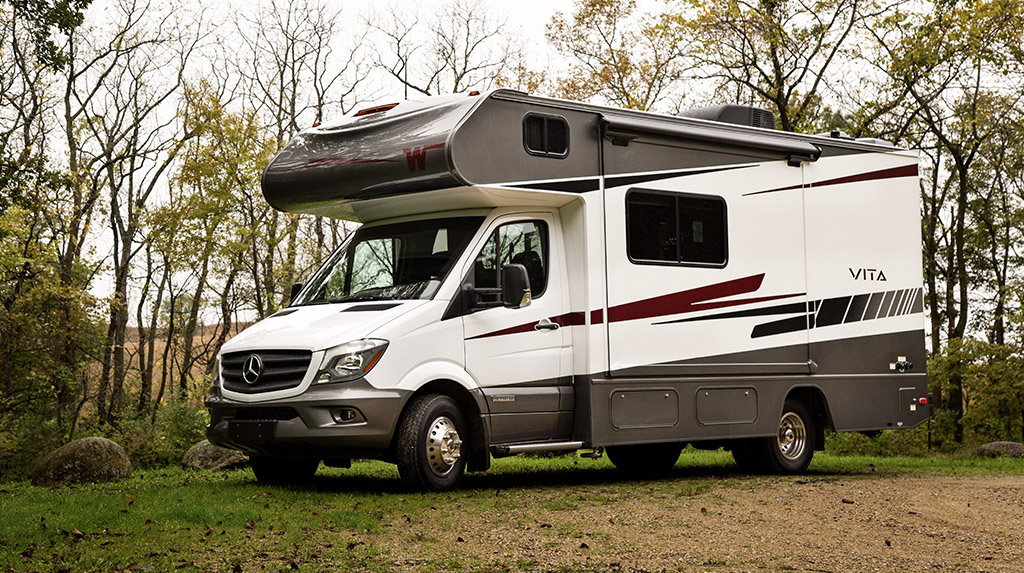For anyone who’s into RV travel, picking the right battery is super important, just like choosing who you’re going to travel with. most folks used lead-acid batteries for their RVs. You could pretty much find these batteries at any store, making them the go-to choice for powering up on the road. For RV owners on a budget, they provide an affordable energy solution.
However, with advancements in lithium battery technology, decreasing costs, and growing concerns for environmental and energy efficiency, lithium batteries are increasingly becoming the go-to choice for RV users. Many now see lithium batteries as their ideal travel partner for a host of reasons.
Why I Should Choose Lithium Batteries for RV
Lithium batteries last longer. a significant advantage as nobody wants to frequently replace batteries. Despite the higher initial cost of lithium batteries for RVs, they don’t require frequent replacements like lead-acid batteries, making them more cost-effective in the long run.
Quick Charging for Faster Travel.Thanks to their unique chemical makeup and design, lithium batteries allow electrons and lithium ions to flow rapidly. With lower internal resistance, there’s minimal energy loss during charging. These batteries also come with intelligent management systems, ensuring the charging process is both efficient and safe, allowing them to charge quickly. Much like a quick shot of espresso rejuvenates you, the fast charging capability of lithium batteries gets you ready for your next journey sooner.
Vehicle Load Capacity. Every RV has a maximum load limit, and exceeding it can lead to damage or safety issues. Lithium batteries are lighter, giving RVs more leeway to carry additional equipment or cargo instead of dedicating all load capacity to heavy batteries.
Flexibility and Space Utilization. Lithium batteries are smaller and lighter, offering more flexibility in interior layout and space utilization in RVs. Users can more effectively configure the interior space, adding extra storage or living areas.
Fuel Efficiency. The total weight of the RV directly impacts its fuel efficiency. Heavier vehicles require more energy to accelerate and maintain speed, thus consuming more fuel. Lithium batteries are about half the weight of lead-acid batteries of the same capacity, meaning RVs using lithium batteries can reduce overall weight.
Lower Self-Discharge Rate. Isn’t it cool how lithium batteries keep their charge for so long? They only lose about 1% to 2% of their power each month, unlike lead-acid batteries which can drop 5% to 10%. That’s a huge difference! This means that under the same storage conditions, lithium batteries maintain their charge longer, requiring less frequent recharging to preserve power. This is particularly advantageous for those who use their RVs seasonally.
How to Choose the Best Lithium Batteries for RV
Class A RVs
Size and Power Requirements: Class A RVs are the largest, resembling bus-like structures. They typically have high power demands due to larger living spaces and more amenities.
Battery Recommendations: Given their size and energy needs, Class A RVs may benefit from high-capacity batteries, possibly multiple units. Lithium batteries are often preferred for their high efficiency, long lifespan, and lightweight, which is crucial for large vehicles like Class A RVs.
Class B RVs
Compact and Efficient: Class B RVs are much smaller, akin to converted vans. They have less space and typically lower power requirements.
Battery Choices: Given the limited space, compact and efficient batteries are ideal. Lithium batteries for RVs are a great choice due to their smaller size, increasing space utilization. Their faster charging speed is also an advantage for travelers who frequently relocate.
Class C RVs
Intermediate Size: Class C RVs are mid-sized, offering a balance between the spaciousness of Class A and the compactness of Class B.
Battery Options: For Class C RVs, the choice of battery depends on specific power needs and available space. Lithium batteries could be a great option due to their balance of size, capacity, and efficiency.
General Considerations for Lithium Batteries for RVs
Capacity: Understand your RV’s energy needs. Calculate the total wattage of all appliances and devices that the battery will need to power.
- Type of Use: Consider how you’ll use your RV. If you often travel off-grid, you might need a battery with larger capacity and faster charging ability.
- Compatibility: Ensure the battery is compatible with your RV’s electrical system. Some older models might need modifications to accommodate modern lithium batteries.
- Budget: Lithium batteries typically have a higher upfront cost but can offer long-term savings due to their durability and efficiency. Weigh the initial investment against the expected lifespan and benefits.
- Climate and Environment: If you travel in extreme temperatures, consider the battery’s performance in such conditions. Lithium batteries usually have a wider operating temperature range compared to lead-acid batteries.
In short, the long life of lithium batteries is like an experienced traveler, able to accompany you on more journeys. At first, buying lithium batteries may feel like buying an expensive plane ticket, but over time, you will find that this ticket takes you further and is more worth it.
Check out Pknergy’s selection of lithium batteries for RV, available in various sizes to fit your needs. We use Grade A cells, ensuring our LiFePO4 batteries are among the most long-lasting you can find. Plus, our top-notch BMS carefully manages charging and discharging, keeping your power usage safe. Contact pknergy for quality RV lithium batteries that won’t break the bank.
Post time: Dec-11-2023




